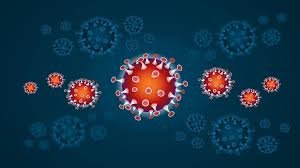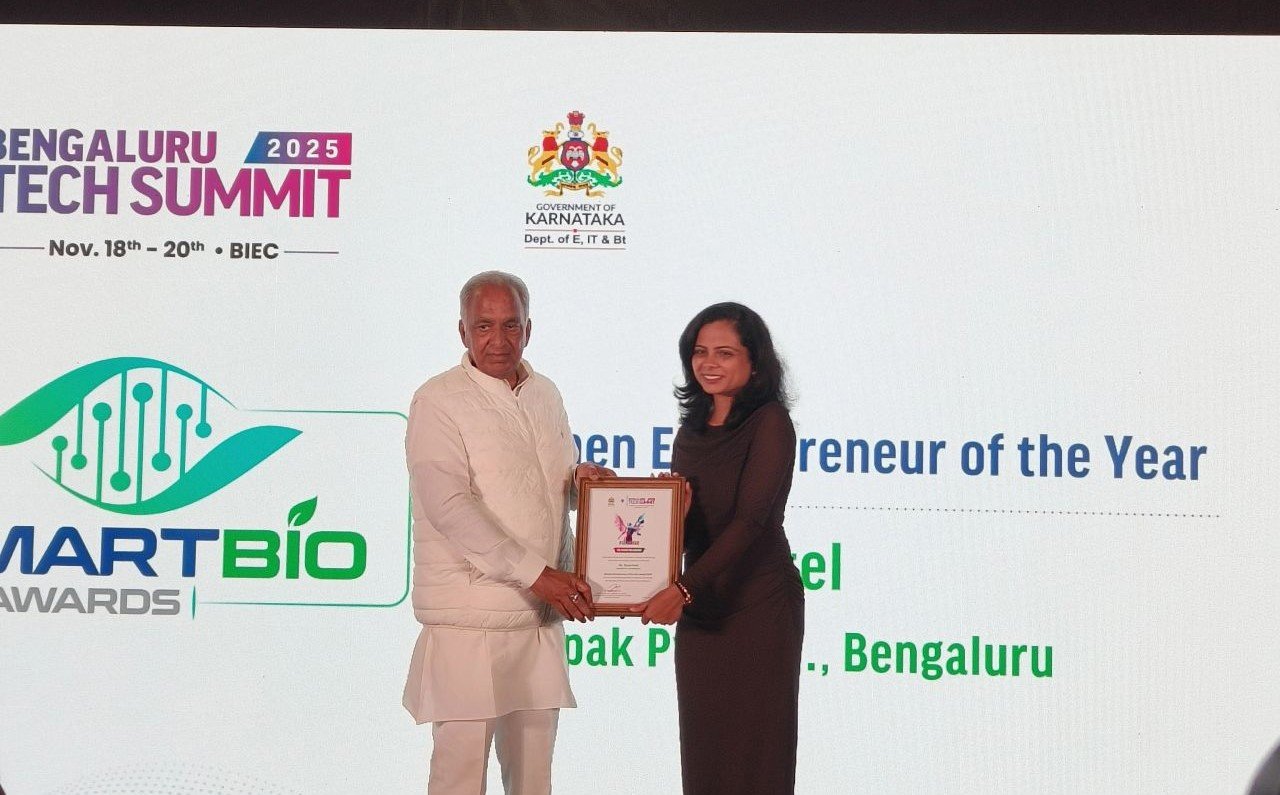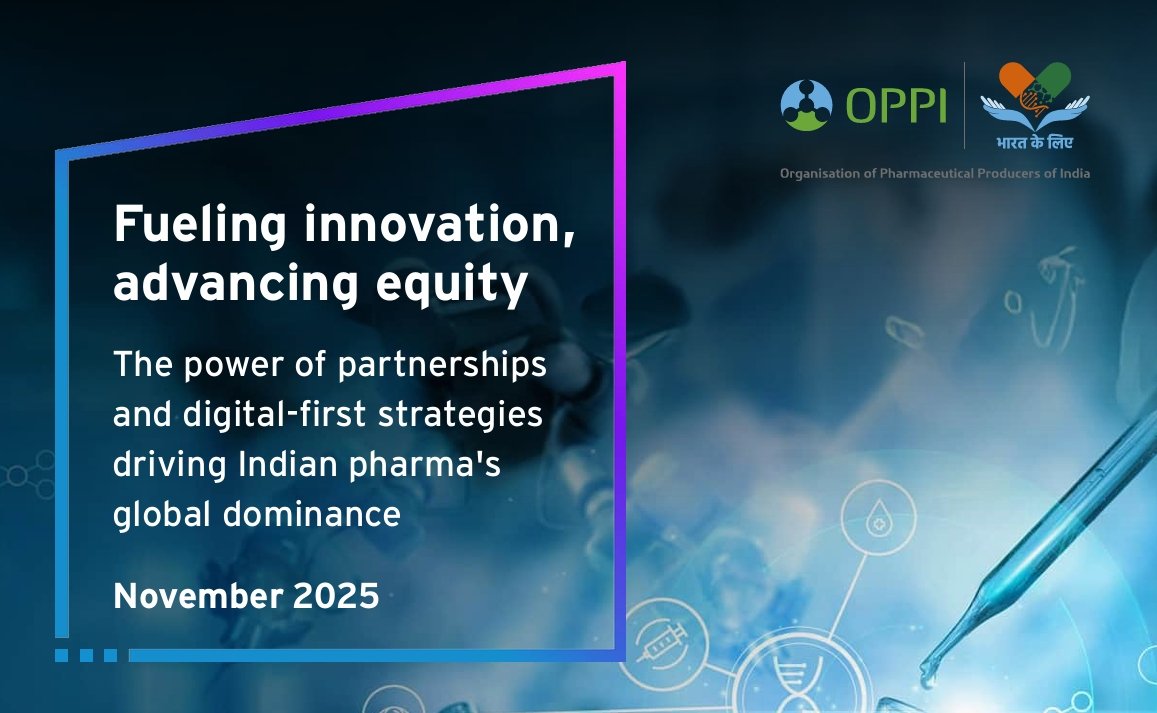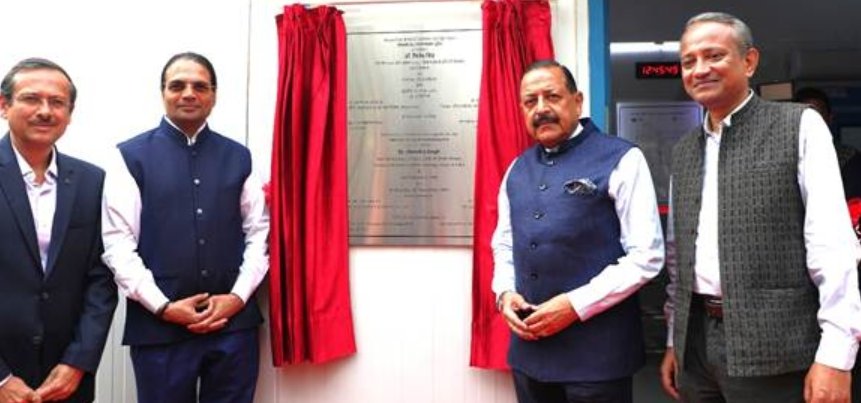Sero-Surveillance is Essential for Monitoring of COVID-19 Pandemic
December 31, 2020 | Thursday | News | By Ankit Kankar | ankit.kankar@mmactiv.com
Sero-surveillance is important for developing a comprehensive management strategy to counteract COVID-19 pandemic, by restoring employee strength at workplaces and also for evaluating the impact of vaccination programs by prioritization of healthcare workers, essential service providers and vulnerable groups for receiving the vaccines on basis of their immune status
Image Source : nyooz.com
Towards this, the Confederation of Indian Industry (CII) organised a ‘Virtual Session on Sero-Surveillance Significance in Immunogenicity and Safety in Pre and Post Vaccination Era on 23rd December, 2020 on Digital Platform.’
Dr Kiran Mazumdar Shaw, Chairperson, Biocon said that, “It’s important for us to ensure that we have a sense of pandemic preparedness moving ahead, to keep ourselves safe, open up economy and provide confidence at individual level. The way we measure effectiveness of vaccine, the way we measure herd immunity, the way we look at challenges posed by mutations and the way we look at pandemic preparedness, she added that now Sero-Surveillance by Antibody Testing is going to be of immense importance in combination with Antigen Testing.”
Dr Krishna Ella, Chairman & Managing Director, Bharat Biotech stated that, “The Sero-Surveillance results within different regions of Mumbai itself varies highly, hence it is important to have a regular monitoring of immune status of people. Therefore, we are not only making IgG as an important factor but are also trying to shift the focus to T cell response. The reason is that with the normally infected patient you may get IgG response, but you may not get T cell response. So, the question of whether people who were infected should they take a vaccine, the answer is ‘yes’ because they may not have T-cell response as IgG response will wane out in 3-4 months. T cell response is important because it’s a memory response and is kept in the body.”
Dr Raman Gangakhedkar, Ex National Chair, ICMR said, “At this juncture we need to understand that in India we have the best and the largest immunisation program globally (Universal Immunisation Programme), but it is insufficiently exposed to adult immunisation. Also since our pipeline vaccines do not have m-RNA vaccines which are easily scalable, we have limited doses available. Once we finish first phase of vaccination, Sero-Prevalence studies will help in prioritizing vaccination and also reduce incidence of Antibody Dependent Enhancement (ADE) that might occur in a small fraction of population. Post vaccination antibody testing will help to see the take of the vaccine as 5% of the elderly population might be Non-Responders. In selecting Antibody assay, sensitivity and specificity needs to be as high as possible. ELISA targeting S1 domain would be preferred as SI domain is associated with Neutralizing antibody. He concluded, stating that present pipeline vaccines are likely to take care of emerging new strains.”
Dr CN Manjunath, Head - State Covid-19 task force, Government of Karnataka, said that “It is very important that in this kind of a pandemic we show the same amount of aggression to antibody test as we have been showing for antigen test, as we want to know what the prevalence and the magnitude of burden of this COVID-19 infection in the community is. Most patients are asymptomatic, therefore unless we do a Sero-survey we will not know the extent of burden of this disease. We have to know what size of the population has already been exposed to the infection which can be only done by Sero-survey. Less IgG will mean that there is need for more aggressive testing to monitor and control the spread. Sero-Survey in Karnataka is planned for 1st week of Jan 2021”
Dr Purva Mathur, Professor & Head, Infection Control, AIIMS, said “Importance of antibody testing comes in hospital settings with healthcare workers who had an RTPCR test based confirmed infection and they want to join back. Lateral flow techniques, had limitation in terms of sensitivity, it is in such instances that an ELISA antibody test became significant to confirm how many people had antibodies and could join back. Same principle can be used for other workplaces also as well as in schools. Many universities have started using antigen test and antibody test. Antigen test is done to quarantine the infected population and the antibody test to understand how many of them are immune and can join back to work.”
Moderating the session Dr Mahesh Bhalgat, COO, Syngene International Ltd said, “We are still in a pandemic even though the headlines have shifted to vaccine doses and more recently to number of virus mutations. There is a focus and attention required on sero-prevalence. A Lancet article recently reported that antibody sero-surveillance is essential for monitoring COVID-19 pandemic and will offer a more comprehensive picture on who has been infected than just the swab testing. In India the sero-surveillance conducted with ICMR revealed that over 6.6% of India’s population above the age of 10 have already encountered the corona virus and is not enough from a herd immunity perspective.”
Dr Vishal G Warke Director R&D, Cell Culture & Immunology HiMedia said, “In order for a V shaped recovery of the economy we need vaccines. Government has planned initial vaccination for 30 CR population which includes frontline workers, essential services employees and people above 50 Years of age, however we also need to get our workforce which is around 40 crore people, back to work with a proper strategy in place. What we need to do is a thorough sero-prevalence testing. There are 2 Myths regarding Antibodies against COVID-19. 1. The Antibody response is short lived, and does not stay in body for long. However recent research articles show that Antibodies are present in body for longer duration up to six months. 2. Antibodies are not protective as there are cases of reinfection. However, there are only 31 documented cases of reinfection globally. And in vast majority of cases it has been proven that protection against the virus can be correlated to a good Antibody titre. In absence of T-Cell Assay test, the only method that can be done currently is Antibody Assay which is scalable to screen the masses. The best thing that we have in hand today is an immune-surveillance S1 ELISA antibody-based testing methodology, which has the highest sensitivity (98-100%) and highest specificity (98-100%) amongst all other antibody based assays. Moreover, it can be scaled up for high throughput screening for mass testing in a cost effective and easily executable manner.”










